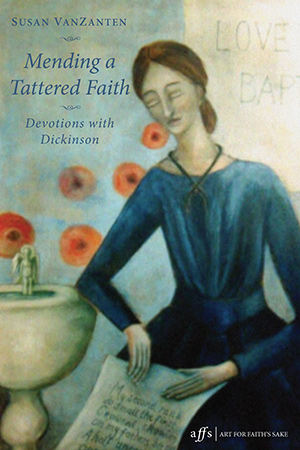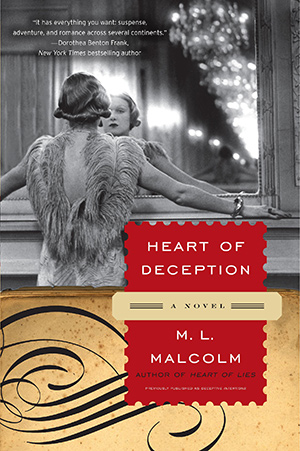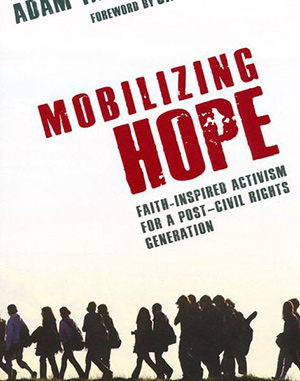Alumni Ink
'This World is Not Conclusion'
The late American poet Emily Dickinson—both intensely private and immensely prolific, with nearly 1,800 published poems—is often viewed as a religious skeptic who struggled with issues of faith and doubt throughout her life and work. But she never gave up on God, says Susan VanZanten 82PhD, author of Mending a Tattered Faith: Devotions with Dickinson. "Many of her poems depict such struggles, sometimes with humor and sometimes with despair," she says. VanZanten, professor of English at Seattle Pacific University and author of several previous academic books, says this is her first book intended for a general readership—it offers twenty-nine carefully selected poems by Dickinson, each with an accompanying meditation. "Several women's prayer groups and book clubs have already adopted it," she says. Mending a Tattered Faith includes an introduction to the mysteries of Dickinson's life and poetry, her relationships to her family and the church, the significant poetic strategies she employs, and the dramatic family struggle over publishing her poetry that began soon after her death. "VanZanten guides the reader through the spiritual tangles of Dickinson's verse in ways that enlighten and refresh the soul," says Paul J. Willis, author of Rosing from the Dead: Poems. John Wilson, editor of Books & Culture, says he hopes VanZanten's latest work will inspire a new genre: "engaged reading, slow reading, deeply informed by scholarship but inviting to all."

The Heart Knows
The more Maddy Hoffman finds out about her father's mysterious past as an international spy recruited by the Allies to lay the groundwork for their invasion of North Africa, the more she learns about herself in this novel by M. L. Malcolm 82C 82G. Heart of Deception is a sequel to Malcolm's award-winning Heart of Lies. Malcolm is a "recovering" attorney, journalist, and public speaker currently living in Los Angeles. "One of the joys of writing historical fiction is the opportunity to blend real characters and historical events with their fictional counterparts," Malcolm writes in the author's note.

Handbook of Hope
In Mobilizing Hope: Faith-Inspired Activism for a Post-Civil Rights Generation, Adam Taylor 98C blends religion, history, and personal narrative (including several Emory references) into an exploration of human rights and how the post-civil rights generation should think about activism. Taylor, vice president of advocacy at World Vision, USA, recently completed a yearlong fellowship at the White House and was formerly senior political director at Sojourners and executive director of Global Justice, an organization he cofounded. While at Emory, he received the Marion Luther Brittain Award, the University's highest student honor. Mobilizing Hope, writes Sojourner editor Jim Wallis in the foreword, is a "handbook for those who want to experiment with activism and search out their own vocation in the world; and a strategy manual that draws lessons from past movements for change."

A Brief History
From the time William F. Quillian Jr. 35C became president of Randolph-Macon Woman's College in Lynchburg, Virginia, he took careful notes about the development of the college during the twenty-six years of his tenure (1952-1978) with the intention of writing a follow-up to Roberta Cornelius's History of Randolph-Macon Woman's College, which traced the institution from its founding in 1891 to the mid-twentieth century. Voices from R-MWC is a compelling blend of institutional history, essays, commencement addresses, and recollections of the stories and people that made Randolph College (which began admitting men in 2007) what it is today.

A Brief History
From the time William F. Quillian Jr. 35C became president of Randolph-Macon Woman's College in Lynchburg, Virginia, he took careful notes about the development of the college during the twenty-six years of his tenure (1952-1978) with the intention of writing a follow-up to Roberta Cornelius's History of Randolph-Macon Woman's College, which traced the institution from its founding in 1891 to the mid-twentieth century. Voices from R-MWC is a compelling blend of institutional history, essays, commencement addresses, and recollections of the stories and people that made Randolph College (which began admitting men in 2007) what it is today.







